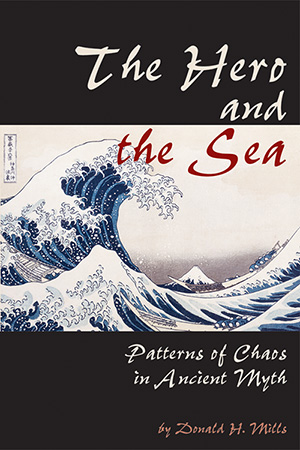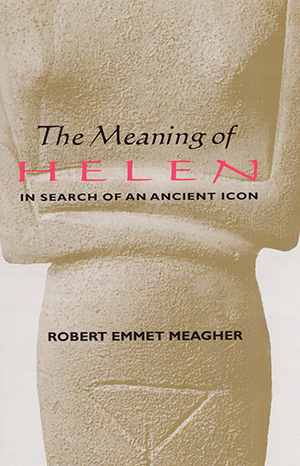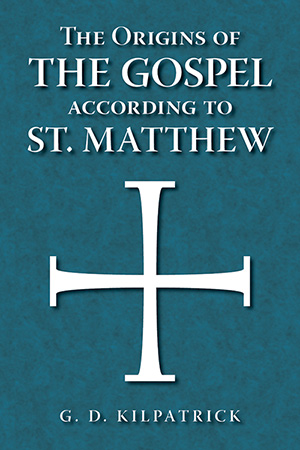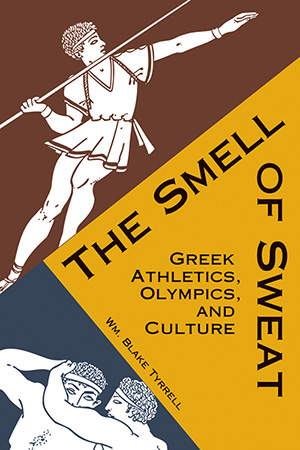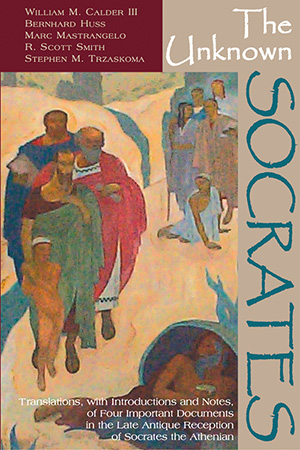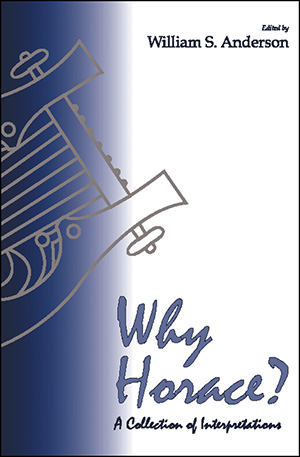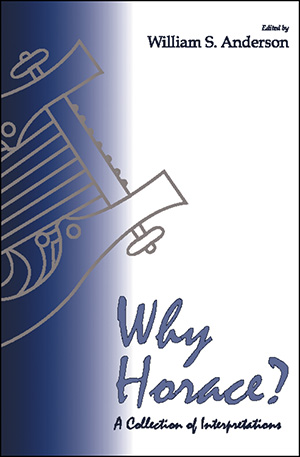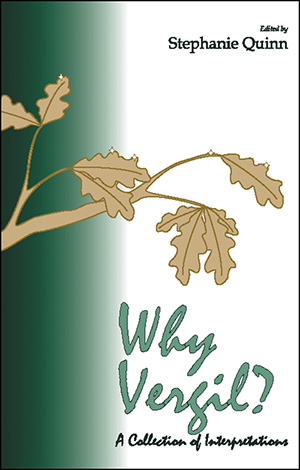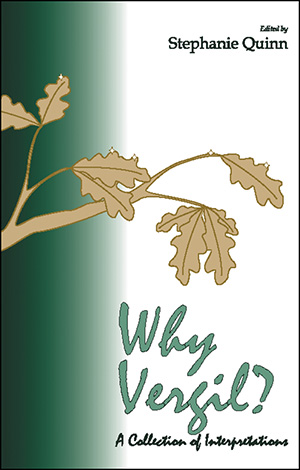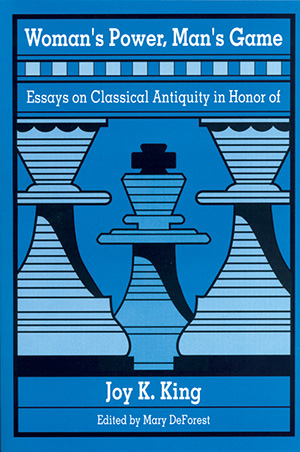The Hero and the Sea: Patterns of Chaos in Ancient Myth
- Author: Donald H. Mills
- 5084
- 978-0-86516-508-3
- Paperback
- 208
Ancient myths about watery chaos uniquely transcend time and culture to speak to the universal human condition as expression to the hopes, aspirations and fears that have defined—for ancient thinkers as well as modern scientists—what it means to be human in a chaotic world.
The Meaning of Helen: In Search of an Ancient Icon
- Author: Robert Emmet Meagher
- 5106
- 978-0-86516-510-6
- Paperback
- Bolchazy-Carducci Publishers, Inc.
- 200
Helen's face launched a thousand ships, to say nothing of countless books, dramas, poems, paintings, and operas. She is arguably the most notorious woman in Western culture. What makes her so engaging, so consequential? Like an ancient wall layered with millennia of graffiti, Helen preserves the human record. Her story and our story are not to be plied apart. She is woman as we have idealized, worshipped, slandered, celebrated, constructed and deconstructed her. Helen, for better or for worse, in all her metamorphoses, represents the complex, intact fossil record of woman in Western culture. The story of Helen is the story of woman.
The Origins of the Gospel According to St. Matthew
- Author: G.D. Kilpatrick
- 6676
- 978-0-86516-667-7
- Paperback
- Bolchazy-Carducci
- 158
This book is an exact reprint of the 1950 Oxford University Press edition, with a new foreword by J. K. Elliott and a biography by A. M. Devine (Oxford University Press, 1950).
The Smell of Sweat: Greek Athletics, Olympics, and Culture
- Author: William Blake Tyrrell
- 553X
- 978-0-86516-553-3
- Paperback
- 280
A survey of Greek athletics from Homeric times through the fourth century C.E. From the games of the Iliad, to the foundation of the Olympic games, to the poetry of Pindar and the Olympic Festival, this book covers all aspects of Greek athletics: the events themselves—from the running events held at the first competitions to the later 'heavy' events of wrestling, boxing, and the pankration, to the pentathlon, jump, discuss, and javelin, held only at festival; the religious and athletic centers; the festivals in which the games took place; the voices of the games' celebrators (like the poet Pindar), critics, and the athletes themselves; the gyymnasion and its culture; and the evidence—literary, artistic, archeological, and historical. The introduction examines the nineteenth-century bias that created the myth of Greek amateurism. An extensive bibliography aids the reader in pursuing further study. CD containing all the references in English, makes this work also a unique reference.
The Unknown Socrates: Translations, with Introductions and Notes, of Four Important Documents in the Late Antique Reception of Socrates the Athenian
- 4983
- 978-0-86516-498-7
- Bolchazy-Carducci
- 304
Socrates (469-399 BC) is one of history's most enigmatic and intriguing figures. He is often considered the father of Western philosophy, yet the four most famous accounts we have of him present a contradictory, confusing picture.
Veritatis Amicitiaeque Causa: Essays in Honor of Anna Lydia Motto and John R. Clark
- 4541
- 978-0-86516-454-3
- Paperback
- 364
This collection of essays is a tribute to two respected scholars of classical antiquity whose contributions were many and distinguished. The subject matter runs the gamut of classical studies, ranging from the fifth century BCE to Late Antiquity.
Why Horace? : A Collection of Interpretations
- Author: William Anderson
- 4347
- 978-0-86516-434-5
- Hardbound
- 272
Why Horace? A Collection of Interpretations
- Author: William Anderson
- 4177
- 978-0-86516-417-8
- Paperback
- 280
Why Vergil?: A Collection of Interpretations
- Author: Stephanie Quinn
- 4185
- 978-0-86516-418-5
- Paperback
- 467
We lack automatic and simple answers to the question "Why Vergil?" — or many similar questions for that matter: why literature, why art, especially why old literature — and at that — why literature in an old language? Yet even after 2,000 years, the voice of Vergil still resonates with the universal human cry.
—From the Introduction
Why Vergil?: A Collection of Interpretations
- Author: Stephanie Quinn
- 4355
- 978-0-86516-435-2
- Hardbound
- 451
We lack automatic and simple answers to the question "Why Vergil?" — or many similar questions for that matter: why literature, why art, especially why old literature — and at that — why literature in an old language? Yet even after 2,000 years, the voice of Vergil still resonates with the universal human cry.
—From the Introduction
Woman's Power, Man's Game: Essays on Classical Antiquity in Honor of Joy K. King
- Author: Joy K. KingEdited: Mary DeForest
- 2581
- 978-0-86516-258-7
- Paperback
- 458

